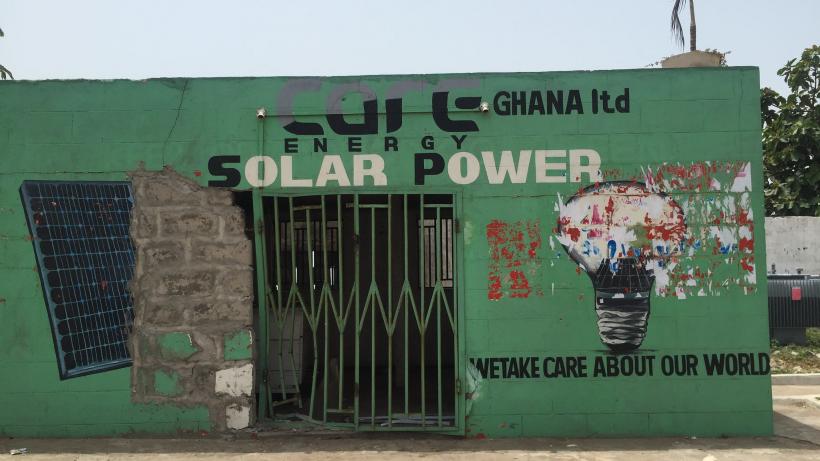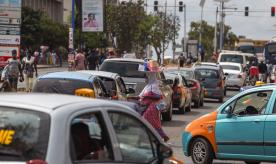Measuring the economic situation in Ghana in real time during COVID-19
In response to the worldwide spread of COVID-19, the government of Ghana had to take unprecedented policy measures. Because of the rapid spread of the virus, policymakers are required to adjust their goals frequently, reflecting changing circumstances and private sector's responses to policies. This project aimed at providing real-time information to policymakers in Ghana that could be used to evaluate the effectiveness of policies and calibrate them in a timely manner given limited bureaucratic resources.
The project focuses on two economic indicators. The first one is weekly urban employment statistics. Each week, the survey recorded working hours of 500 individuals, mostly working in Accra and Kumasi. The survey data were then translated into weekly statistics of employment rate and average hours worked. The second statistics is monthly residential/non-residential electricity consumption. Electricity grid data were provided monthly from the Electricity Company of Ghana (ECG) and transformed into national level statistics.
Both statistics are shown to closely reflect the private sector's responses to the government's containment policies. Shortly after the lockdown, employment rates, hours worked, and electricity consumption showed a sharp decline. Post-lockdown recovery of the economy was also confirmed, as the statistics show gradual reversion to pre-lockdown levels after it was lifted. These real-time statistics have proven to be useful indicators which reflect economic conditions at high frequency.






